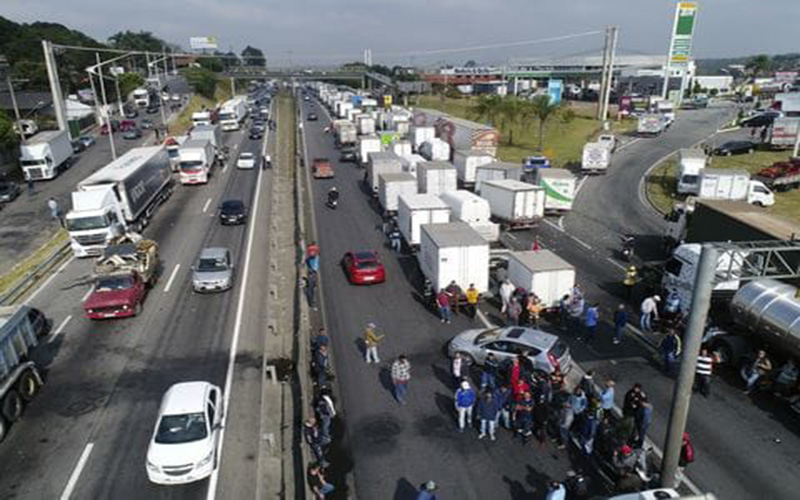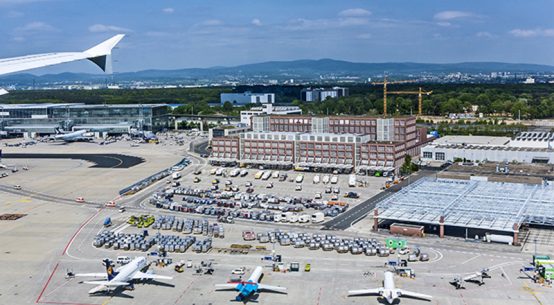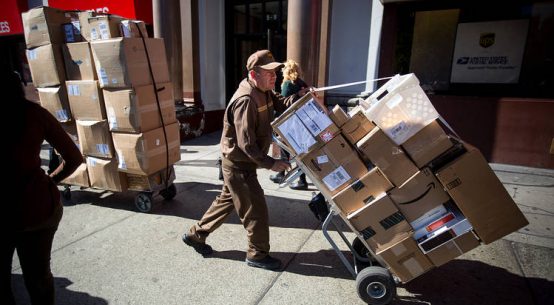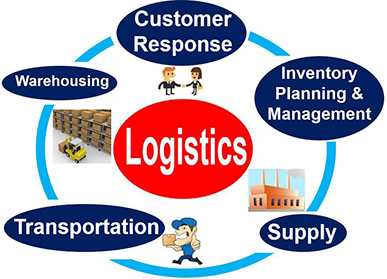
Truckers block the federal highway BR-116, which connects to Mercosur countries, to protest rising fuel costs, in Embu das Artes, on the outskirts of Sao Paulo, Brazil, Thursday, May 24, 2018. (Andre Penner/Associated Press)
Concurrent labour actions and protests from various logistics sectors’ unions could potentially send ripples through the supply chain in coming weeks, as the trucking strike continues in Brazil, and Canadian Pacific Railways and FedEx experience their own protests from employees.
While Brazil’s economy has shown signs of picking up in the first quarter of 2018, circumstances are rockier on the ground floor, with trucker strikes over rising fuel prices entering their ninth day, and drivers blockading roads across the country in protest.
In Canada, 3,000 Canadian Pacific Railway conductors and engineers left their posts after the parties were unable to come to an agreement by the Tuesday deadline after a month of negotiations, leaving large volumes of manufactured goods stranded last night.

Meanwhile, in Italy, unions are demonstrating in opposition of the merger between FedEx and its logistics subsidiary, TNT Express, after a proposed initiative that would result in “operational redundancies,” or layoffs.
While these occurrences are somewhat unrelated in cause, their simultaneous occurrence could very well translate into disruptions in the delivery of goods in North and South America, as well as Europe, as road feeder services to airports could grind to a halt.








